This year’s winter season has been particularly brutal for many Americans. Watch the short video and read the article that follows about best practices for surviving the cold.


This year’s winter season has been particularly brutal for many Americans. Watch the short video and read the article that follows about best practices for surviving the cold.

Learn about what guide dogs do, both on the job and “after hours”; where they come from; and how they are raised and trained.

How did a structure as complex as the human eye come to be?

Your recent clothing haul may have more environmental costs and ethical concerns than you might expect. Read more about how fast fashion has a hidden cost many don’t know they are paying.

Fear may be able to spread from person to person—just like a virus. Recent studies have indicated that humans can smell fear and disgust in the body odor of those nearby, causing the part of their own brain that processes those emotions to become active.

Researchers are evaluating the effect that a dose of the wilderness can have on troubled young people.

Chef Ángel León is on a mission to change the way we see oceans. Read about his gastronomical innovations.

It’s an eerie feeling: You walk into a place you know you’ve never been before but are overwhelmed by a sense of familiarity—a memory you can’t quite reach. Has this all happened before?
The sensation is known as déjà vu, and though it is hard to study, scientists are slowly figuring out why it happens.

Sometimes disasters strike in the strangest of ways. To get a sense of just how strange, take a look at the odd and impressive photographs that accompany this short article on sinkholes. Who’d have thought such a thing could happen—right outside our front doors?
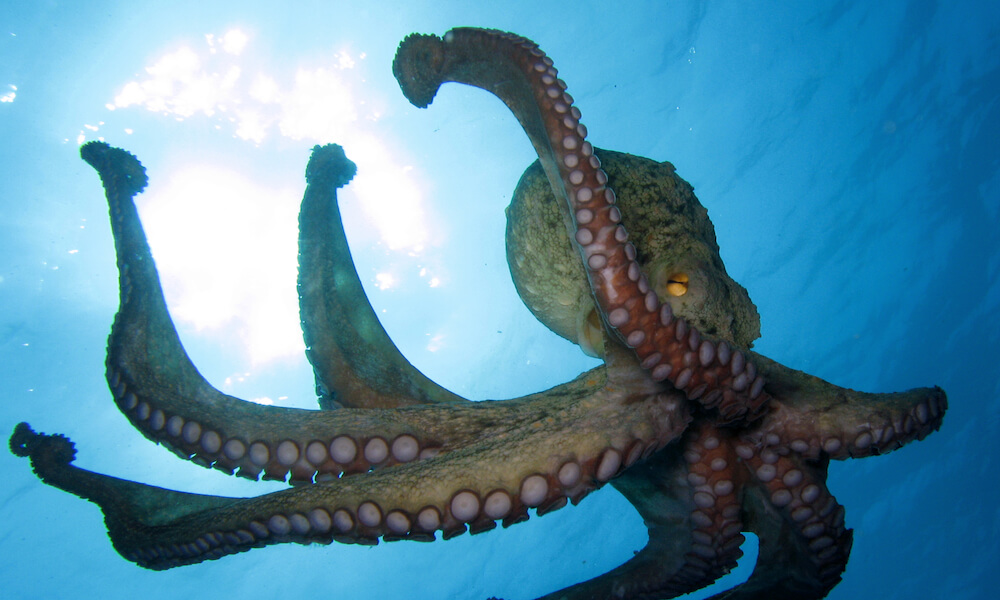
Next time you throw something at a sibling or friend in annoyance, think about how this is an example of advanced social dynamics. Read about how octopuses are capable of this act as well.

A class project motivates a student to advocate for change in their state’s education system.
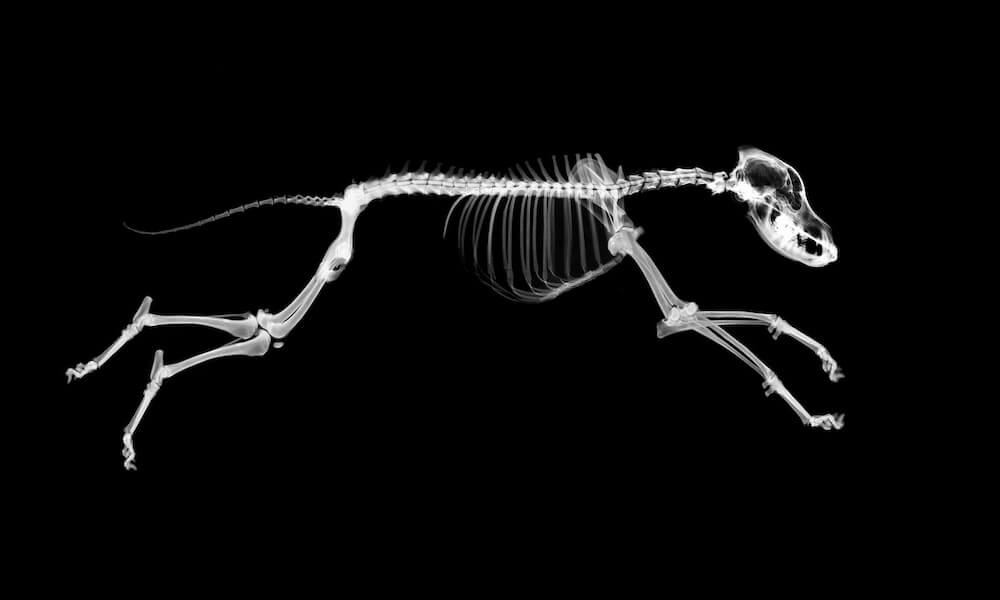
Checkout these animal X-rays from the Brookfield Zoo. Discover how the zoo’s vet team is sharing these skeletal snapshots of it’s rainforest friends.
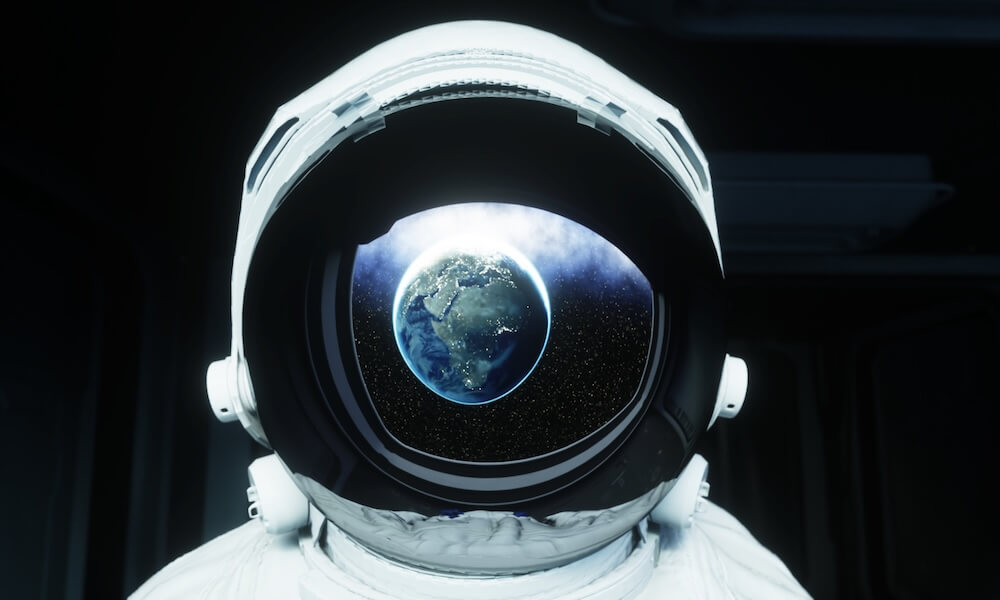
A new class of astronauts, with the potential to visit the moon and mars, will be announced by NASA. With exciting space programs on the horizon, new astronauts will be in for an adventurous career!

Every year, hurricanes, wildfires, and earthquakes damage communities. Learn about scientific advances that could help us better prepare for natural disasters.
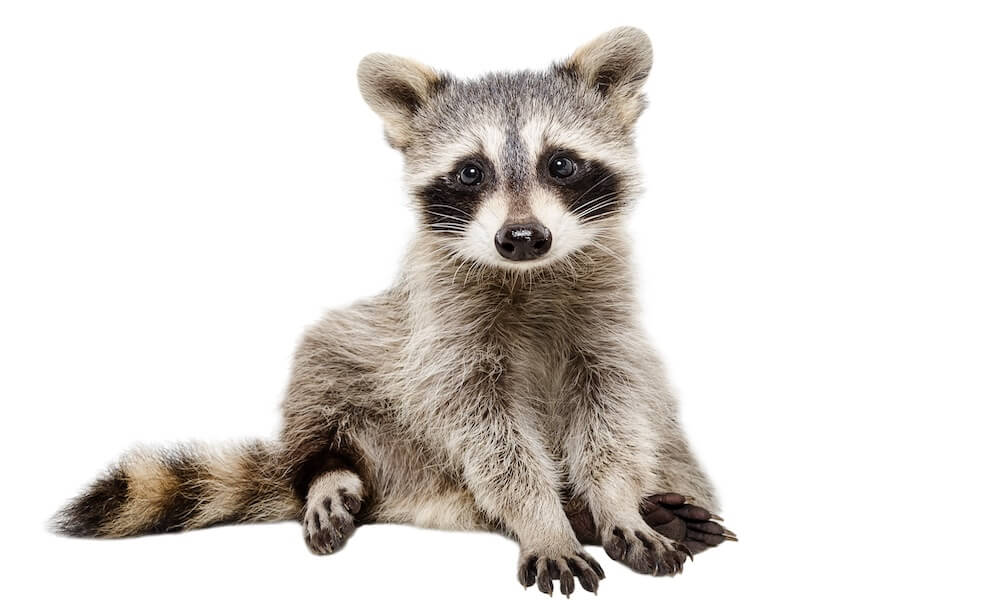
The animal kingdom is full of surprises. Wait until you meet the lock-picking raccoon, the clever dolphin, and the mirror-savvy pig.

Do you sometimes feel like you made a choice you didn’t really want to make? Marketers use a lot of tricks to get you to spend more money than you meant to. One of the most popular is “the decoy effect.” When faced with two choices—like a small or large drink—most people can pick pretty easily. Watch this video to learn how adding a third choice, or a “decoy” (like a medium size), can actually manipulate you into buying the more expensive option—even if you didn’t really want to.
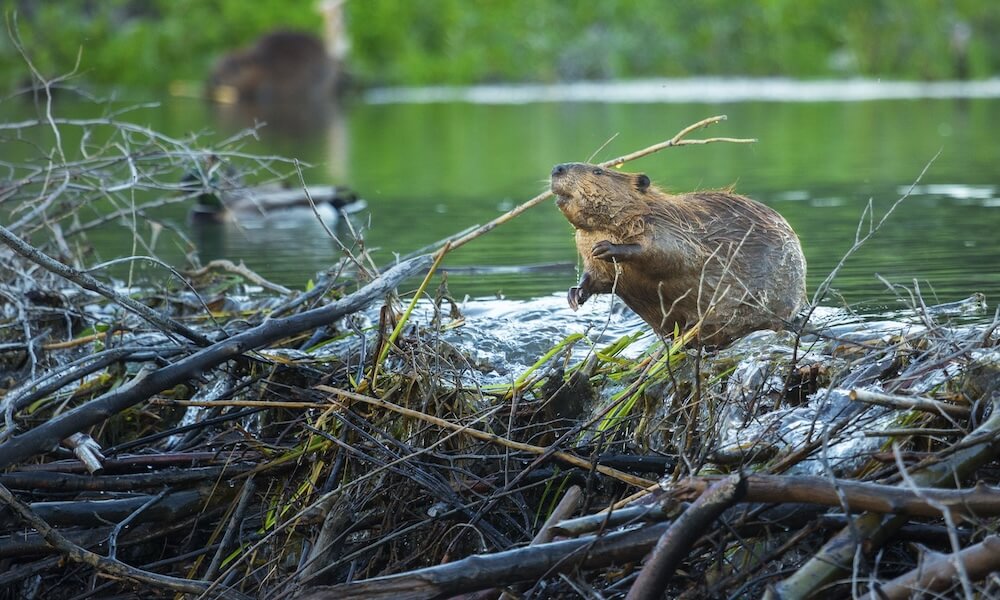
| Do the best engineers wear hard hats and use blueprints? Not always! Learn how beavers build and shape landscapes that support habitats for countless animals in Montana. |

With the development of the next-generation Orion spacecraft—designed to eventually take astronauts to Mars— comes a number of all-new, advanced systems designed to track, monitor, and communicate with the spacecraft and its passengers. For NASA’s Mission Control facilities, all this additional technology meant that a brand new space was required to house the additional monitors and extra personnel. And that new space was shown to the public for the first time in late August of 2025.
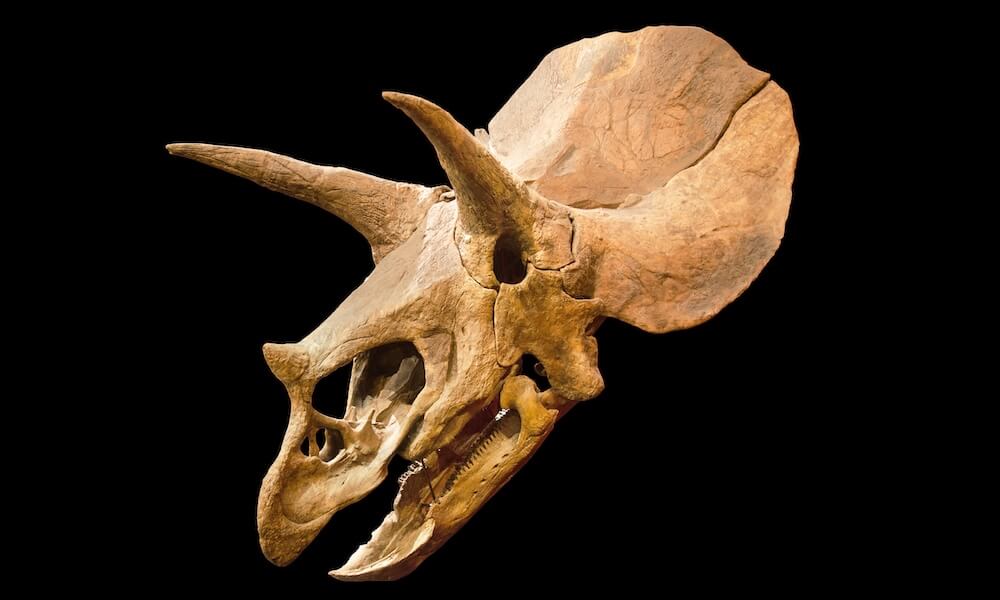
Many of us love the Jurassic Park movies, including real-life paleontologist Matt Lamanna. Listen, or read the transcript, to learn from a dino expert which details are scientific fact, and which ones are pure movie magic.

NASA and the Indian Space Research Organization have teamed up to create a satellite capable of detecting natural disasters and, potentially, saving countless lives.